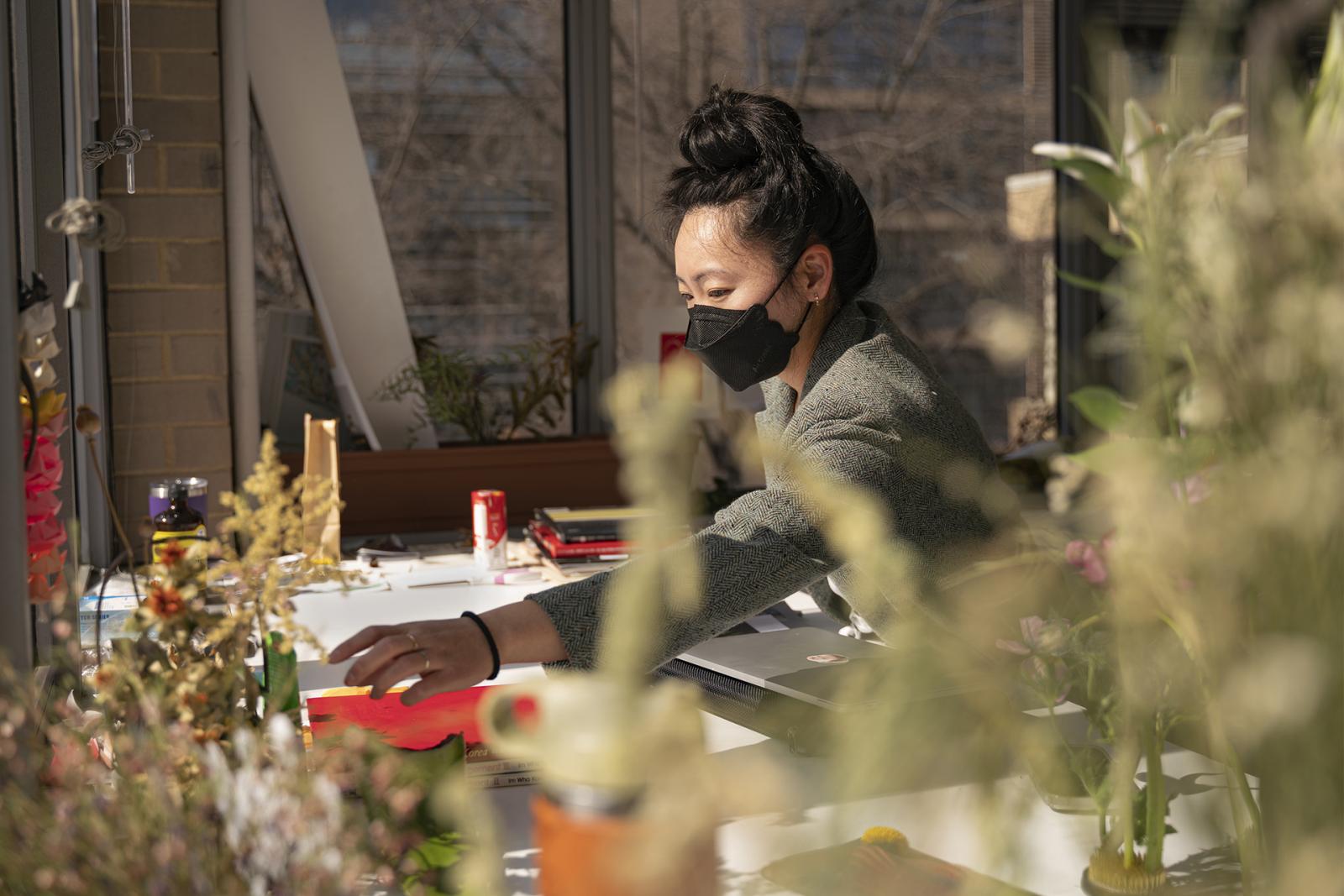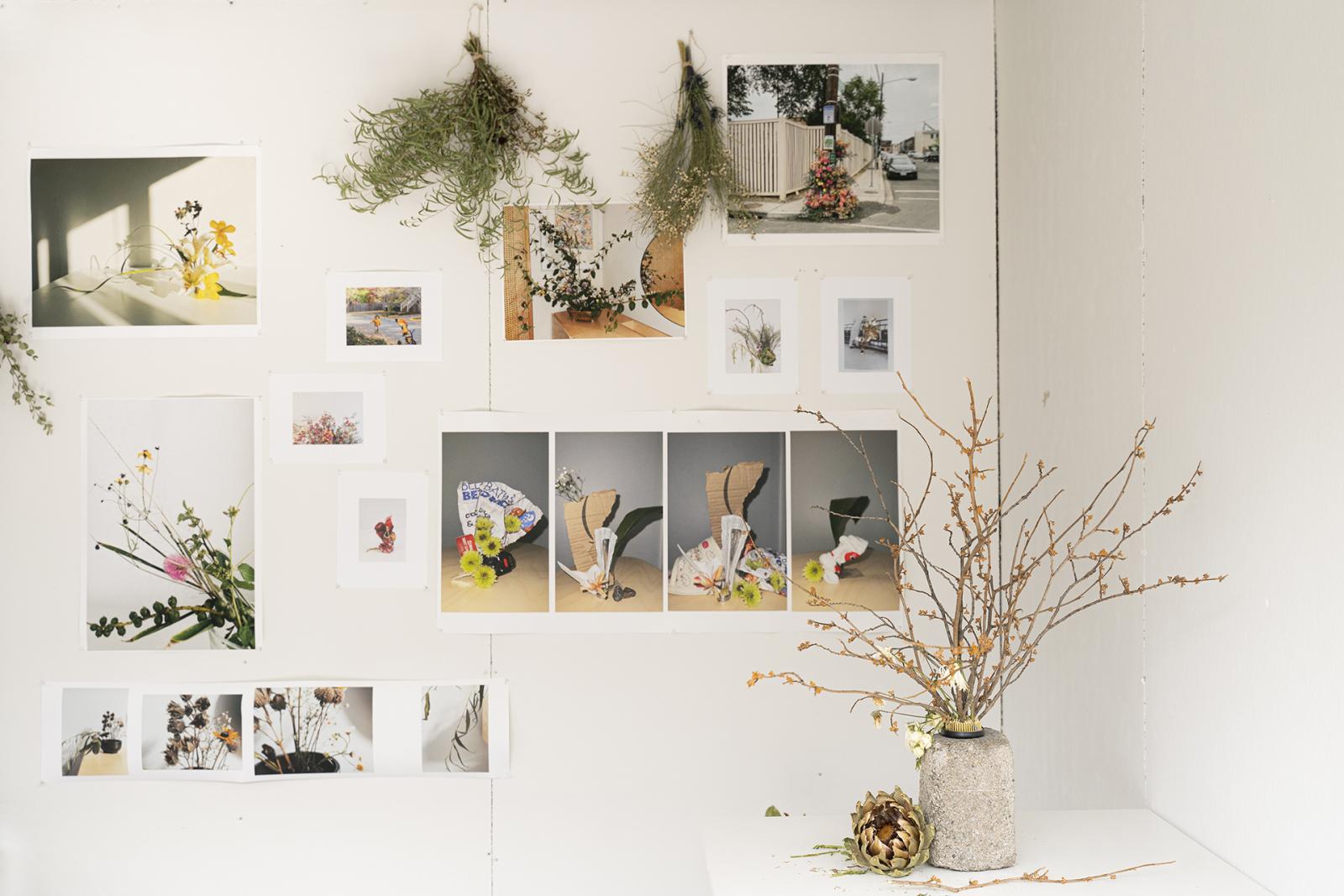Adele Kenworthy
Adele Kenworthy (she/her) is a first-generation immigrant, woman of color, and artist activist. Her multi-disciplinary creative practice aims to build fluid, immersive and collaborative spaces fostering a dialogue that activates art as the catalyst for cultural change. She explores art that dwells in the disparate spaces between pain and healing — amplifying marginalized narratives residing in those moments of transition.
She has worked in nonprofit arts administration, but her passion was in producing socially engaged nonprofit theatre. Her theatre credits include The Sun Experiment at NYC FRINGE (associate producer), Sa’idah at Cincy Fringe (producer), Single Carrot Theatre’s Social Creatures (dramaturg) and Utopia Parkway (assistant stage manager). She has also worked with Everyman Theatre (Baltimore, Maryland), Center Stage (Baltimore, Maryland), and Cincinnati Playhouse in the Park (Cincinnati, Ohio). She is currently part of the woman owned, science-based self-care WELL TRIBE team based out of Baltimore, Maryland. Her trajectory brought her to join the inaugural cohort of the Social Practice MFA at the Corcoran School of Art and Design.
Kenworthy longs for her life and practice to be one that is collaborative — communal in our histories and experiences. To lay roots alongside others who are the first generations in their family legacy; to join the lifelong journey of fellow artists, activists, and cultural workers navigating their inherited trauma through grace and social change.
While at the Corcoran, Kenworthy created a botanical project to protest gentrification and displacement in Ivy City, a historically Black neighborhood in Washington, DC. Later that month, Mayor Bower announced $20 million in funding to restore a community center in Ward 5. Read more about her project in Flowers As the Medium for Protest and Change (May 2021).
In June 2024, Kenworthy presented “We Should Talk: CUT FRUIT / 과일깍자!” at the National Museum of Asian Art in Washington, D.C. For many Asian/Asian American families, fruit is shared as an act of love in abundance, often present at a child’s first birthday celebration in Korea, called a doljanchi; given in oversized boxes as housewarming gifts; and placed at altars for even our ancestors to enjoy. And in our transnational and intergenerational cultural memory, CUT FRUIT/과일깍자! asks what can spacializing love look like for generations to come? Learn more at We Should Talk, which received support from the Asian Pacific American Initiatives Pool, administered by the Smithsonian Asian Pacific American Center, and the American Women’s History Initiative Pool, administered by the Smithsonian American Women’s History Museum.
See more of Kenworthy’s work on her website, The Meowing Bird.






